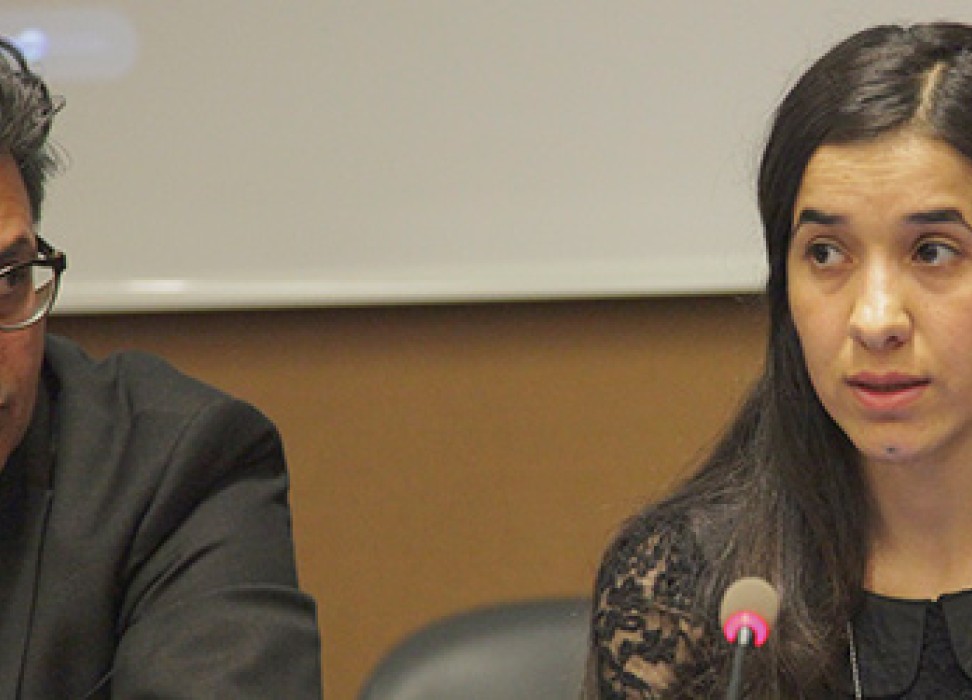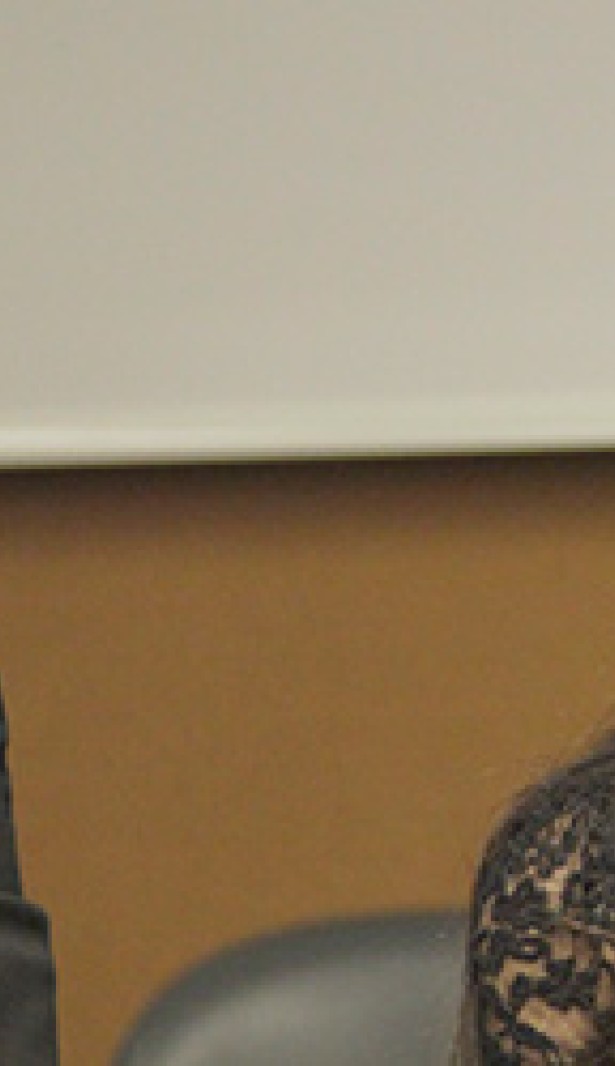“We don’t need more speeches, we need justice”
05 July 2016

"It is time for this tragedy to stop, and it is time for the world to see our wounds,” said Nadia Murad. “It is my right to ask the world to be on my side. ISIS attacked us and killed us in our houses. They killed my brother and my mother. They kidnapped me and other girls with me. It is my right to request you to bring justice."
Murad made her plea as part of a panel discussion on the report “They came to destroy: ISIS crimes against the Yazidis” The report by the UN Commission of Inquiry on the Syrian Arab Republic lays out ISIS’s treatment of Yazidi people, particularly women and girls, who have been singled out for sexual violence, torture and slavery. The report has determined that ISIS’ treatment of the Yazidis constitutes an ongoing genocide.
Murad was once one of those women. Captured by the group during the August 2014 attack on Sinjar, Iraq, she was held for four months before finally escaping to an camp for internally displaced people and eventually to Germany. She is now a Yazidi rights activist, travelling the world to spread the word of the suffering of her people.
“The most needed for my community today is justice”, Murad emphasized. “Because you cannot win back the heart of those mothers who lost 6 or 7 of their children. Only through justice you can do that. We don’t need more speeches, we need justice.”
Panel member Dr. Jan Kizilhan is a German psychologist and leads a unique therapeutic program to treat female survivors of ISIS in Germany. He said that while justice could have some initial benefit for survivors, real healing takes much more time.
"This issue of trauma will be part of their life, but we talk to them [and tell them]: "Yes, it´s part of your life, but it´s not all of your life," he said.
To enable the Yazidis and other victims to heal in the long term, trauma experts and education about psychotherapy are needed in Iraq and Syria, Kizilhan said. What makes the treatment of this trauma especially challenging is that it is trans-generational; communities have faced such trauma in differing forms for generations.
To break the circle of trauma and violence the international community should offer human rights education, support minorities politically and psychologically, and encourage dialogue, said Commissioner Vitit Muntarbhorn.
“We need to try to understand very much the psychology of violence,” he said. “The law and practice must be responsive to that it is not just a legal issue.”
5 July 2016

